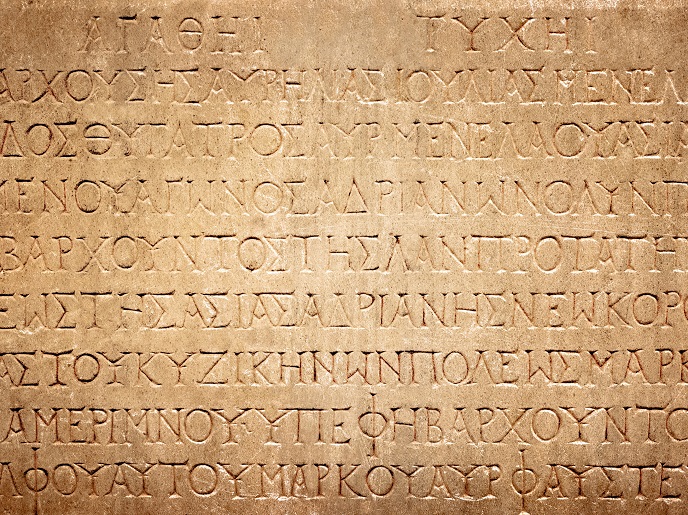Role of linguistics in avoiding wrongful convictions
Forensic linguists carry out in-depth examinations of written or spoken texts. This work is important in a number of contexts, such as understanding written law or gleaning insights from police interviews or courtroom transcripts. “One practical application that I find particularly interesting is authorship attribution(opens in new window),” says TICLAUS(opens in new window) project coordinator Leanne Bartley from the University of Granada(opens in new window) in Spain. “This is about shedding light on the potential author of a text, whose authorship is currently unknown but may be identifiable by their ‘linguistic fingerprint’. That is, we all have linguistic styles that vary from person to person, and depend on whom we are interacting with.”
Forensic linguistics applied to analysis of wrongful convictions
The TICLAUS project, which was supported by the Marie Skłodowska-Curie Actions(opens in new window) programme, sought to highlight the potential application of authorship attribution in determining wrongful convictions. She also wanted to address certain issues associated with forensic linguistics. “One issue is that it could be quite easy to overgeneralise features of one’s linguistic fingerprint,” Bartley explains. “The danger is that this could ultimately lead to the wrongful conviction of an innocent individual.” With that in mind, Bartley decided to take the transcripts of cases in which innocent individuals sent to prison have since been exonerated. “I had to be patient and do a lot of knocking on doors, metaphorically speaking, in order to acquire access to these courtroom transcripts,” she notes. Bartley also interviewed many of those exonerated giving them a voice and the chance to share their experiences of being wrongfully convicted.
Raising awareness of the relationship between language, law and justice
A careful analysis of the court transcripts enabled Bartley to better understand the extent to which, along with other common causes of wrongful convictions such as faulty forensics, eyewitness misidentification and false confessions, the language used in court could be a contributing factor in arriving at wrongful convictions. The project has now ended, and Bartley is currently awaiting the publication of a book chapter based on her findings. “My research team and I also held a language, law and justice workshop, which brought together over 70 people from more than 40 countries,” adds Bartley. “This was definitely one of the most impactful outputs in terms of drawing awareness to how we use language, and the impact this may have on criminal cases.” Through the project, Bartley also had the opportunity to work with civil society organisations such as Innocence Canada, the Wrongful Convictions Collective, and Interrogating Justice, and to provide them with forensic linguistic support.
Fighting injustice with language
Moving forward, Bartley intends to establish her language, law and justice workshop as a bi-annual event. The upcoming publication of a book will also serve as teaching material for university-level modules in forensic linguistics and, more specifically, address the importance of language in cases of wrongful conviction. Ultimately, Bartley hopes that this project will help to raise awareness of the power of words, and how they can lead to innocent individuals being wrongfully accused. “I also intend to continue to network with civil society organisations around the globe in order to assist, where needed, with potential future cases of wrongful conviction, when there is a language angle that may need addressing,” she says.







